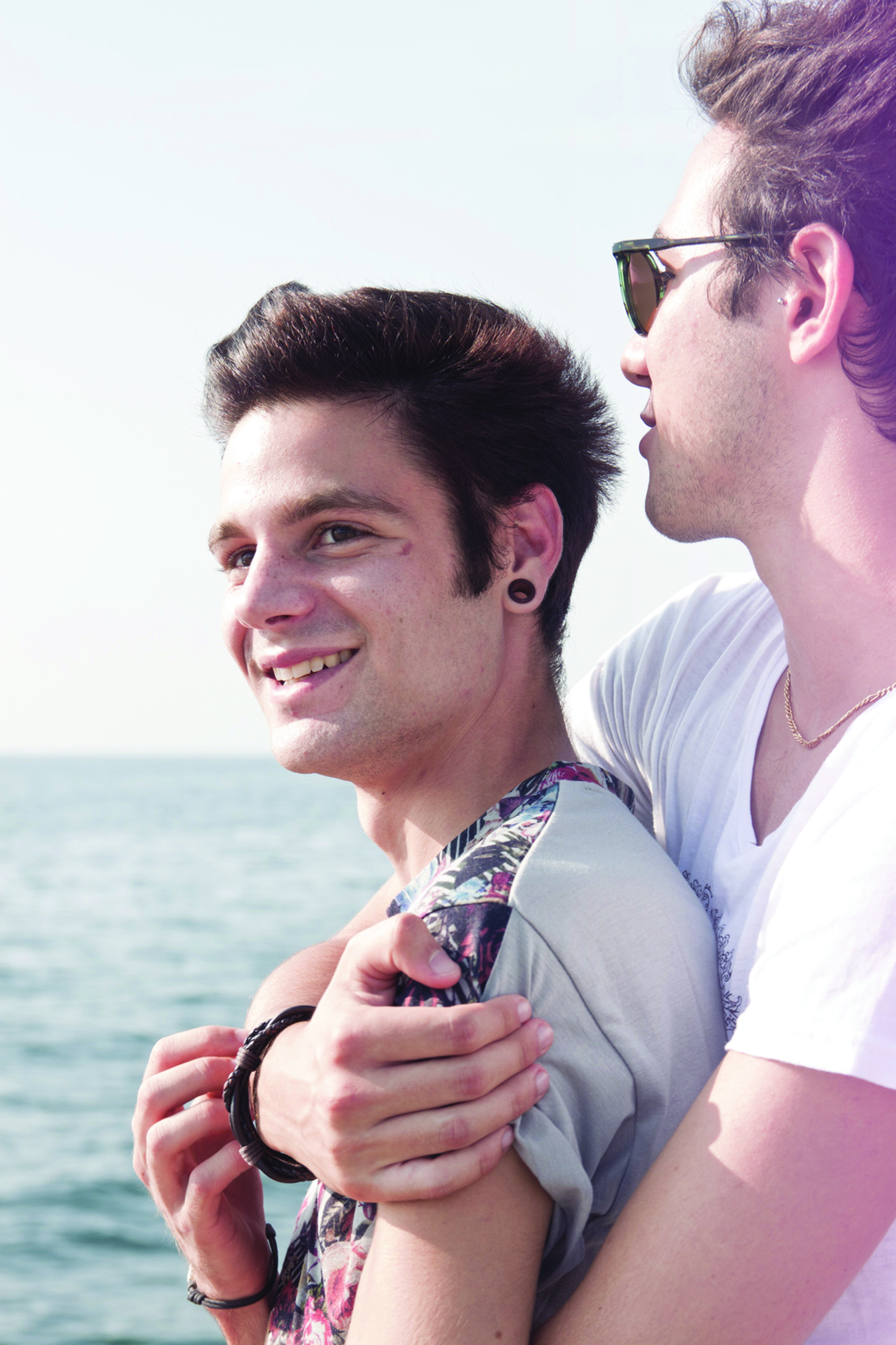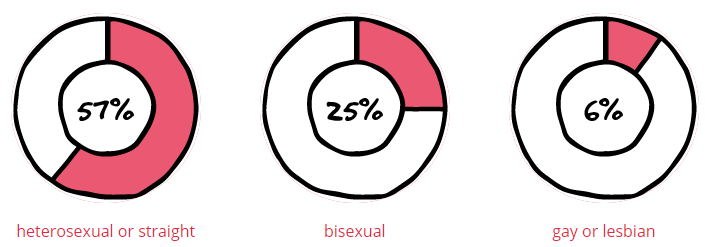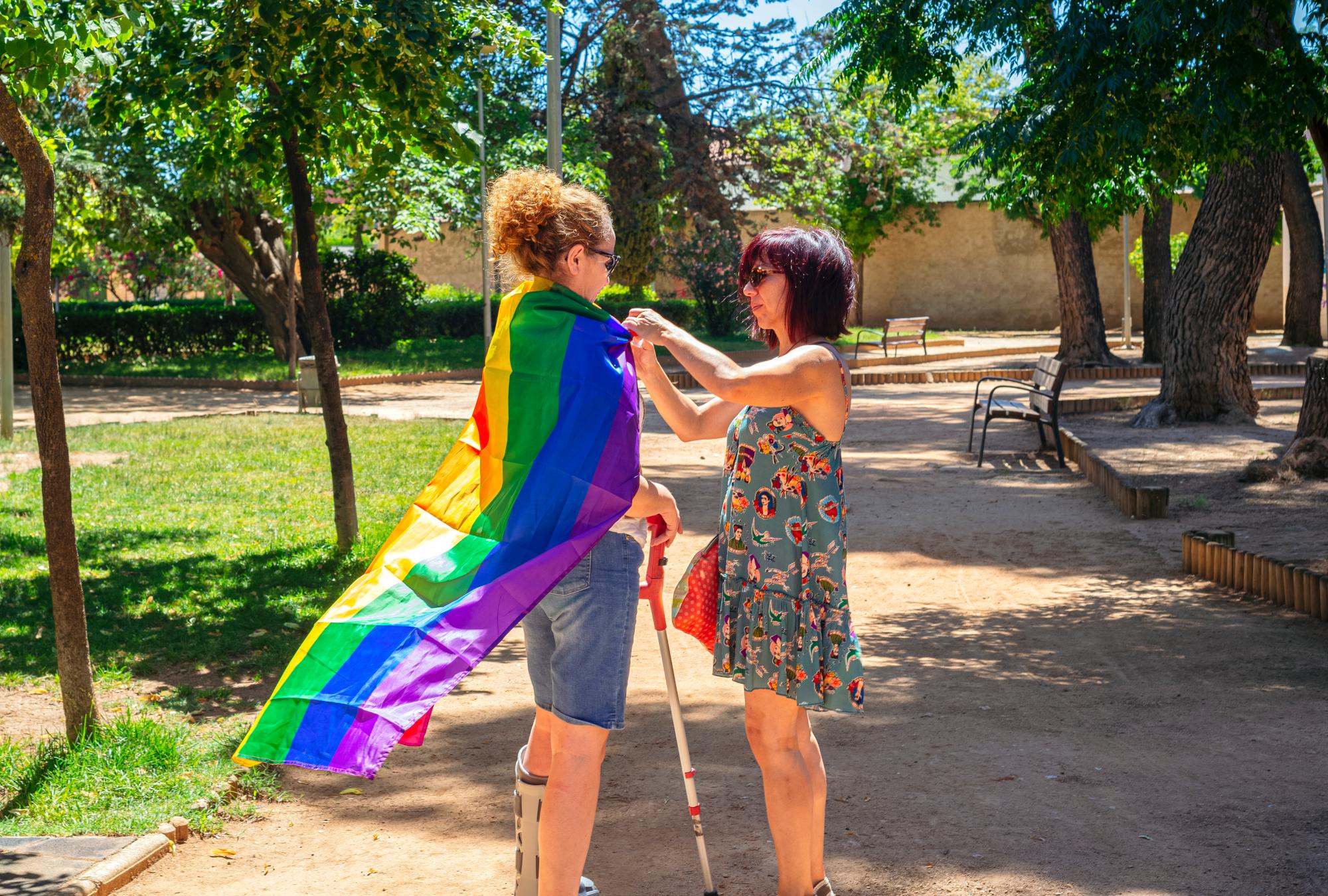Same-sex attraction

I think my child is gay
For whatever reasons, you have started to think that your child might be gay, lesbian or bisexual; that is, attracted to people of the same sex..
Concern and love for your child, and a history of hearing that ‘gay = wrong', causes some parents to feel they need to do something.
Even a behaviour as harmless as a boy playing with dolls can cause some parents to panic.
It is very sad that our history of gender stereotyping and fear of same-sex attraction causes so much worry about natural and normal behaviour in children.
So here is what you can consider to continue being a loving and helpful parent:
- It is common and normal for kids to dress up in mummy's or daddy's clothes without it meaning they are gay or straight.
- It is common and normal for boys to play with dolls and girls to play rough without it meaning they are gay or straight.
- You can't control your child's sexual orientation. It is not caused by you and it can't be changed by you.
- In 2022, 57% of students in Years 10 to 12 surveyed in WA identified as heterosexual, 25% identified as bisexual, 6% as gay/lesbian, 7% use a different term to identify their sexuality and 5% said they were unsure of their sexuality.29

-
If your child does happen to be same-sex attracted, this is just one part of their identity. They are still the same person.

What you can do to help
- Give them time to explore their identity and find out who they are for themselves.
- A child may not be aware of their own sexuality until they are much older.
- Aim to be a 'tellable' parent: Give your children some positive messages that show you are open to talking and embrace diversity.
- Use something in the media to make a positive comment about LGBTI people, or about parents who support their LGBTI kids.
- Make positive comments about women or men who follow their interests, careers, passions outside of narrow gender stereotypes.
- Your child may even ask you a question to 'test' you. If you don't know what to say, it's OK to be honest.
Saying something like, "When I grew up it was rarely talked about, so I feel like I've got a lot to learn", lets your child know that you are prepared to have open-minded discussions.
When my child came out
My son was 19 when he told me that he is gay and that he'd known this since he was 15 years old. My first fleeting thought was that the future I had envisaged for him wouldn't be the traditional ‘married with a wife and two children' scenario.
This was swiftly replaced by the realisation that I hadn't been there for him when he probably needed me most. With the trials and tribulations of high school it must have been a difficult few years for him. He'd always got on well with both sexes so it had never crossed my mind that he might be gay.
By the time he'd told me, he had already told his friends. His admission about being gay made no difference to them or to us. He is still the same person he has always been – the same person that we have loved and cherished all his life. Knowing about his sexuality is the only thing that is different.
We hope that our children will grow up to be happy and healthy in their adult lives. I think our son is on the right path and he knows he has his family's support.
I once said to him that I was most sad that he'd known for four years that he was gay and hadn't told anyone and that I wasn't there for him. He replied, "It's alright, Mum. Don't be sad. I wasn't ready to come out as being gay. I was still getting used to being who I am."
Parent of boys 17 and 20